RPI undergraduate student Tal Margalit returns to the Our Soil project team this semester to assist us in documenting our project as well as facilitating our auto-ethnography, or “self-study” process. Welcome back!
Page 9 of 10
Abby was interviewed by Peter Sergay of The Sanctuary for Independent Media on WOOC 105.3 about the Our Soil project. They discussed the potential of the Community Soil Study Toolkit to allow people to measure the concentration of heavy metals like lead, arsenic, and copper right in their backyards and neighborhoods without the need for additional laboratory equipment. One of the goals of the project is to use the Toolkit with neighbors in North Troy through a series of workshops in order to identify locations and concentrations of these heavy metals. Abby also discussed another goal of acting on this knowledge to address the issue of soil contamination, both practically by acting directly through simple landscaping practices in our small group as well as politically by considering soil lead as a broad public issue, one that affects virtually all urban areas throughout the U.S. and in many places across the world, that necessitates collective action. You can listen to the radio interview here.

Abby represented the Our Soil team at the Black August People’s Clinic held at Freedom Square in Troy today. She had an opportunity to speak about the project and distribute a Lead Safe Capital Region Handout (that we modified from the original created by Howard W. Mielke for New Orleans) and a lead-safe coloring book produced by the New York State Department of Health.
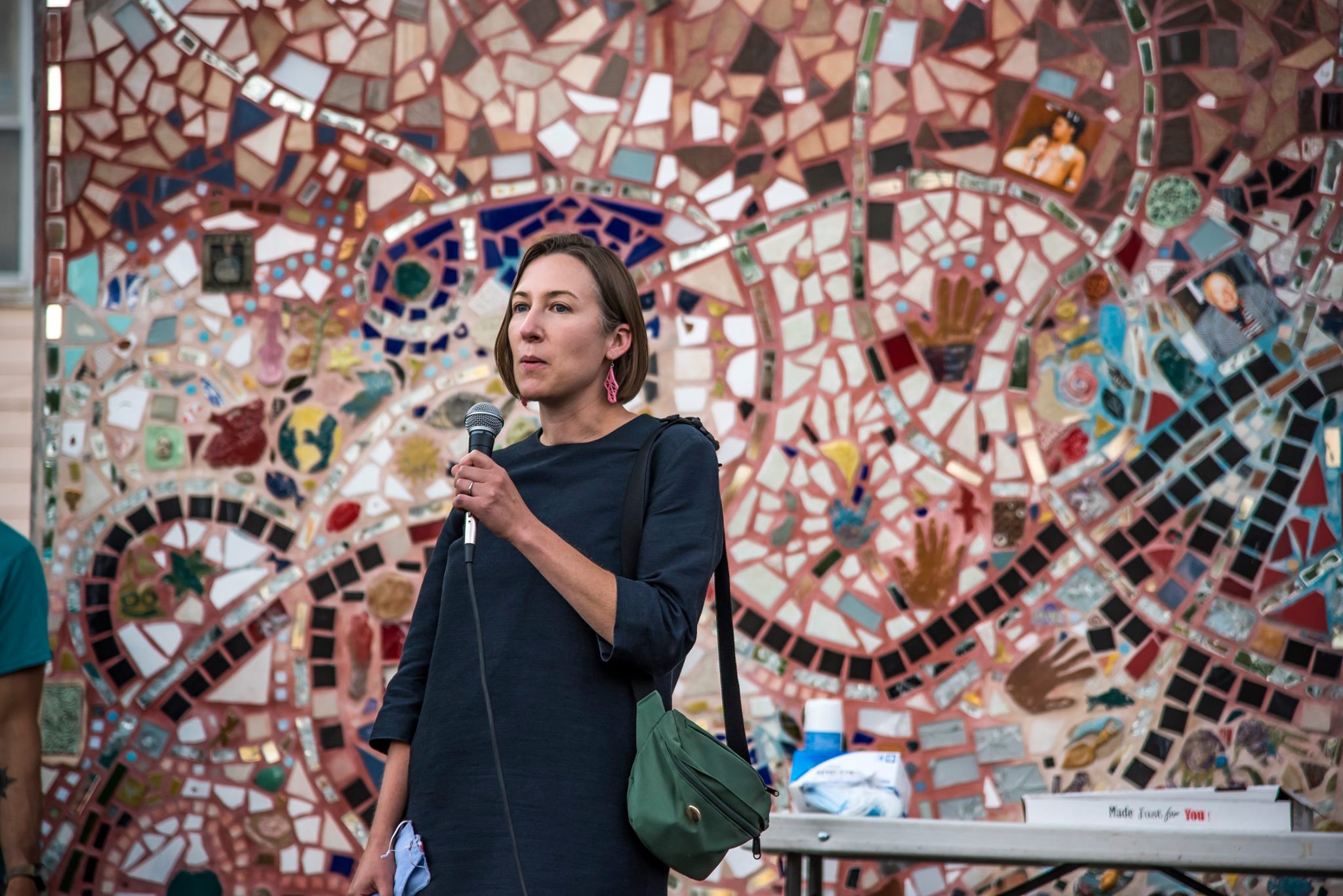
Dan will depart for Mónica’s laboratory at the University of Arizona at the beginning of September, delayed by COVID-19 from the original schedule of July 2020. COVID-19 also thwarted the desire of the project team to conduct a preliminary participatory mapping workshop to identify several locations in and around Troy to take soil samples for use in the Ramírez-Andreotta laboratory in continuing to develop the Community Soil Study Toolkit created by Nuestros Suelos in Chile. In need of a backup plan, Dan took thirty-three soil samples alone from public spaces throughout and outside Troy, including parks, playgrounds, and sidewalk planters. These soils will be analyzed using laboratory techniques alongside the Community Soil Study Toolkit to assess the Toolkit’s ability in measuring lead, arsenic, and copper in soils. Additionally, the Ramírez-Andreotta laboratory has an archive of soils from past community-based research projects that will be incorporated into the Toolkit assessment.
Paper-bagged soil samples at two of the locations:
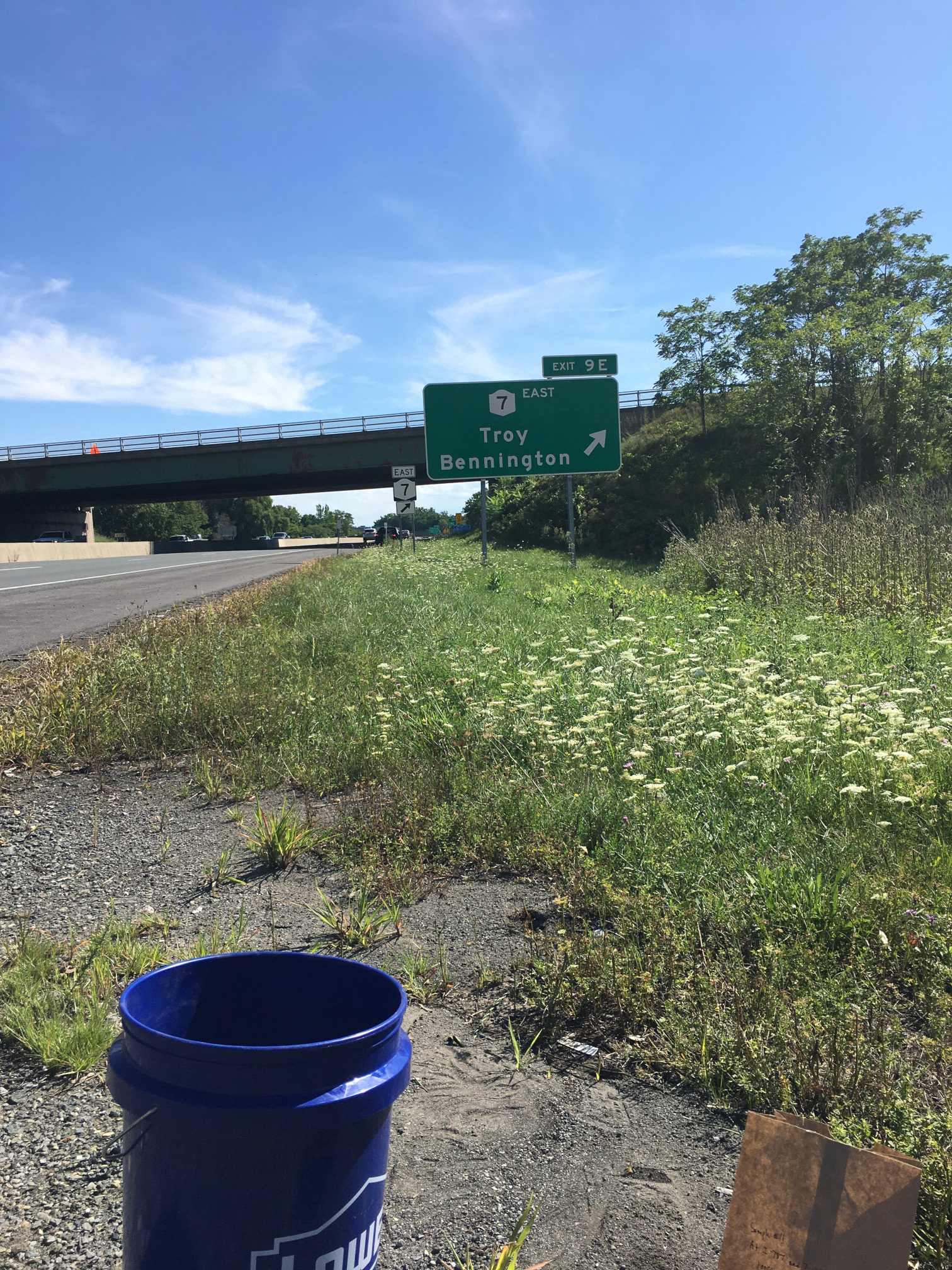
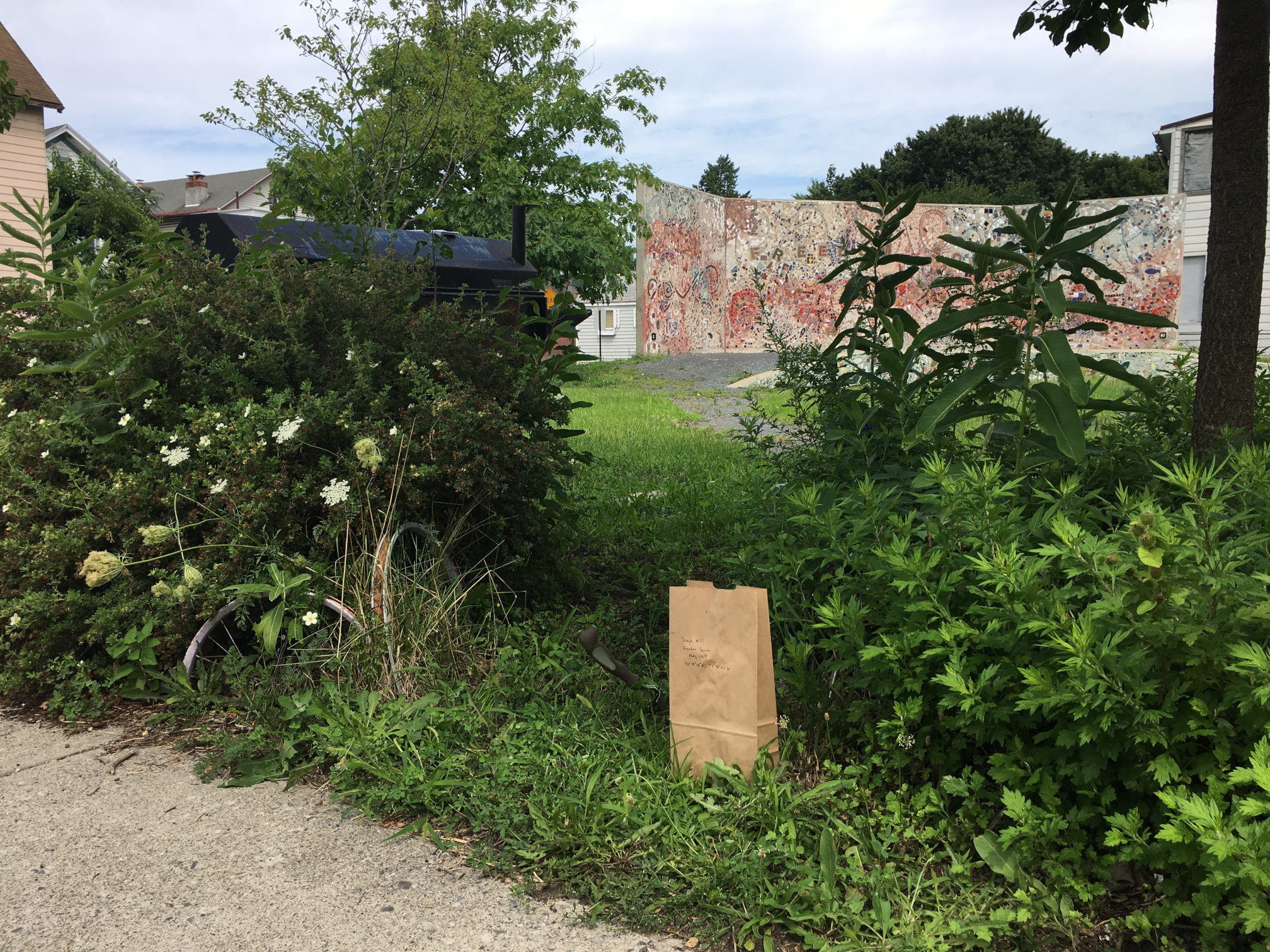
Abby and Dan published an article comparing and contrasting COVID-19 and lead exposure in the online magazine Toxic News. By considering the dimensions of testing, racialized vulnerability, workplace exposures, and individualized protection, the manifestation of the two seemingly disparate health challenges may not be so dissimilar after all:
“The COVID-19 crisis has laid bare many enduring problems in American society. While we hope that the pandemic will come to a rapid conclusion, we will continue to contend with these problems as they manifest in other health threats, such as lead pollution. We hope that the sobering lessons of COVID-19 will improve our efforts to create safer environments for all.”
You can read the full article here, as well as its press release from RPI here.
We selected a header image for the article that was taken by David Brodbeck and shared under a Creative Commons license:
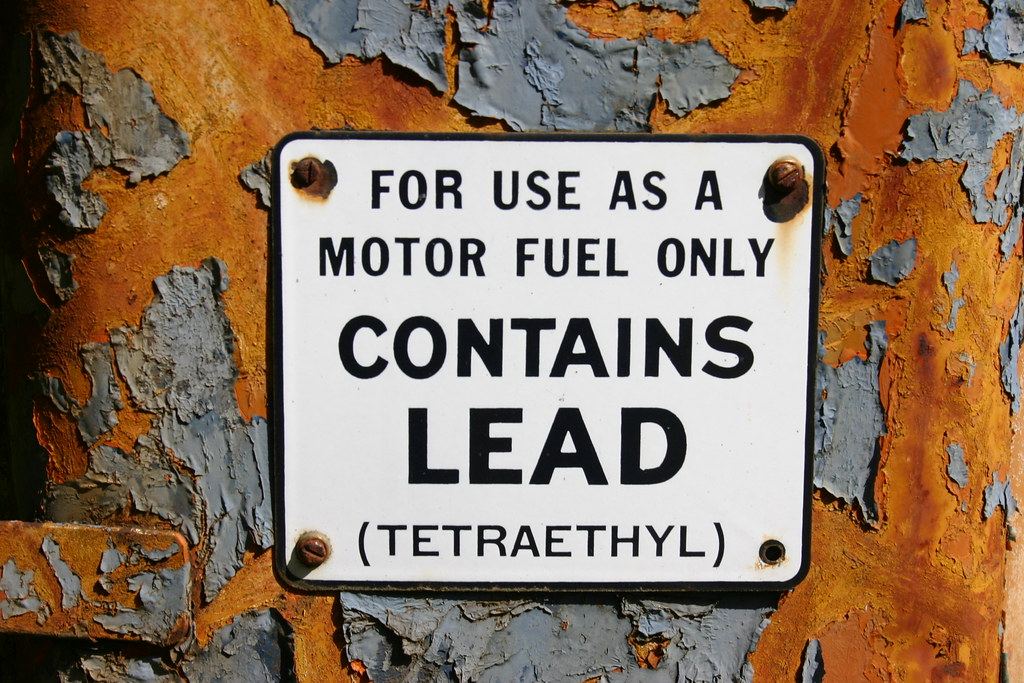
Through our publication in Toxic News, we encountered an earlier article written by Daniel Renfrew on lead contamination in Uruguay that made an impression on us, particularly an image of graffiti shared in the article:
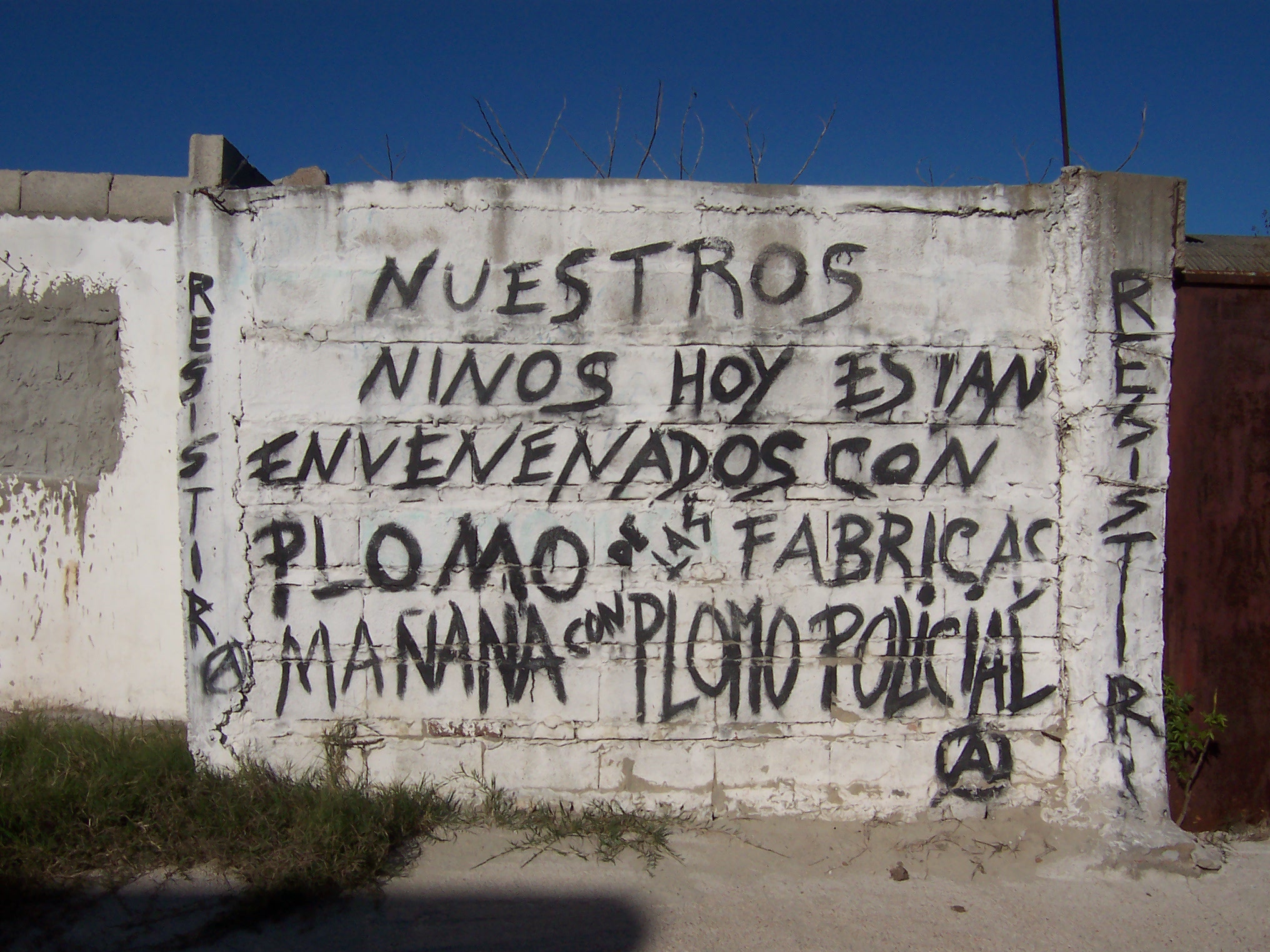
“Today our children are poisoned with factory lead, tomorrow with police lead.”
Rennselaer Polytechnic Institute closed its campus for the foreseeable future in response to COVID-19. The RPI-based project team will begin working remotely and are fortunate that we will be able to continue video interviews with community-engaged soil researchers. We are reevaluating our initial project timelines, and expect to delay our initial visit to Chile (originally scheduled May 2020) and Dan’s visit to Mónica’s laboratory at the University of Arizona for continuing to develop the Community Soil Study Toolkit (originally scheduled July 2020 through December 2020). We hope that our plan to hold collaborative soil workshops in North Troy in Spring 2021 will be feasible, and are thinking through ideas of how to conduct such a workshop with physical distancing. Try to be safe!